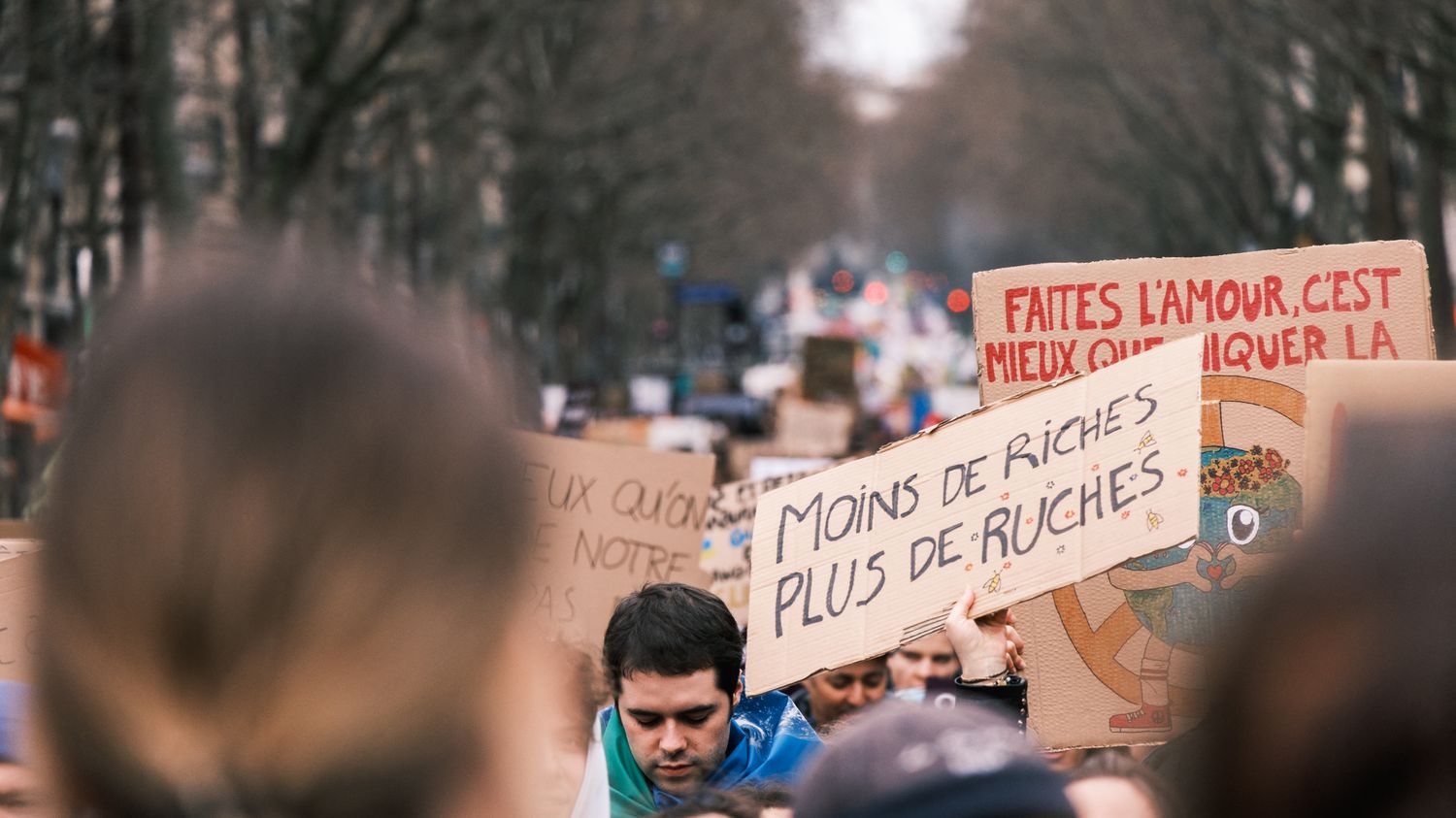“All individuals contribute to emissions, but not in the same way.” This is what the latest report on climate inequalities shows published monday january 30 (in English) by the World Inequality Lab. In concrete terms, the richest 10% of the planet contribute to almost half (48%) of global greenhouse gas emissions, while the poorest half contributes only 12% of these emissions. If we only take into account the richest 1%, they are responsible for nearly 17% of annual emissions. Differences in responsibility that are at the heart of international climate negotiations.
The report also points out that inequalities are not only widening between countries, but within the same region. Thus for North America, the richest 10% emit on average 68.8 tonnes of CO2 per person per year, much more than the poorest 50%, which is at 10.4 tonnes. In Europe, the gap is also substantial: 29.4 tonnes for the richest 10%, 5 tonnes for the poorest 50%.
The least responsible are the most vulnerable
“Climate impacts are not evenly distributed around the world”also note the authors of the report. “On average, low- and middle-income countries experience greater impacts than their wealthier counterparts.” Thus, 75% of income losses due to climate change are likely to hit the poorest half of the world. The richest 10% will only be affected by 3% of the losses.
Finally, the report shows inequalities in the financial capacities to act in the fight against climate change. Thus the richest hold 76% of the world’s financing capacities, against 2% for the poorest half. The paper therefore suggests fiscal policies that “address climate inequalities”. It refers in particular to a tax “1.5% for 1.5°C” for people earning more than $100 million a year. This could bring in 295 billion per year, according to the authors.
“For example, billions of dollars are missing for adaptation to climate change. We believe that taxing extreme wealth, even at low rates, would partially solve the problem”notes Lucas Chancel, co-director of the Laboratory on Global Inequalities, quoted by The cross (paid item).
